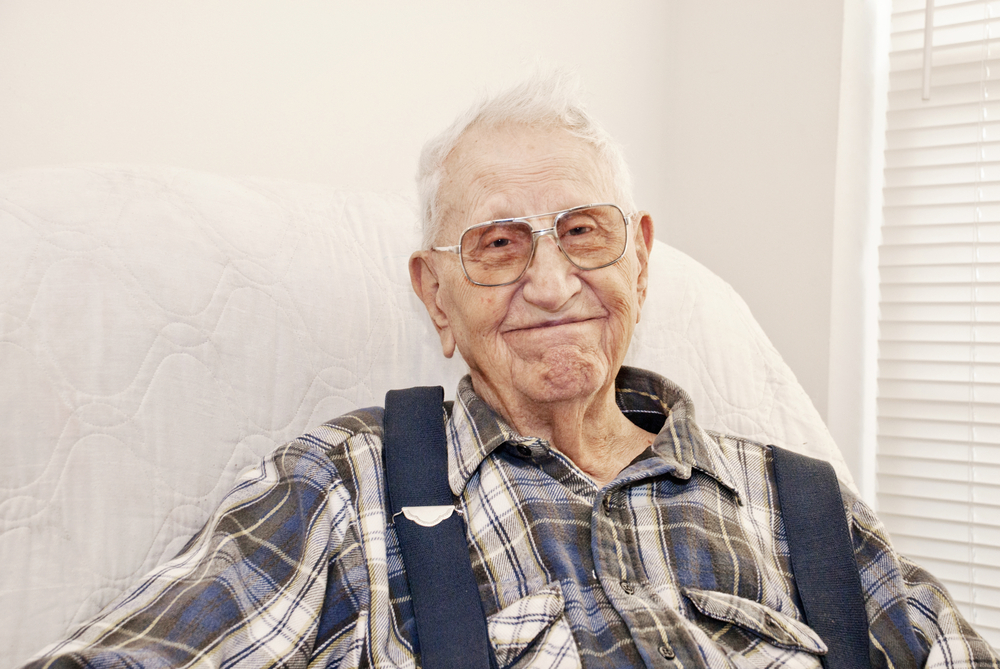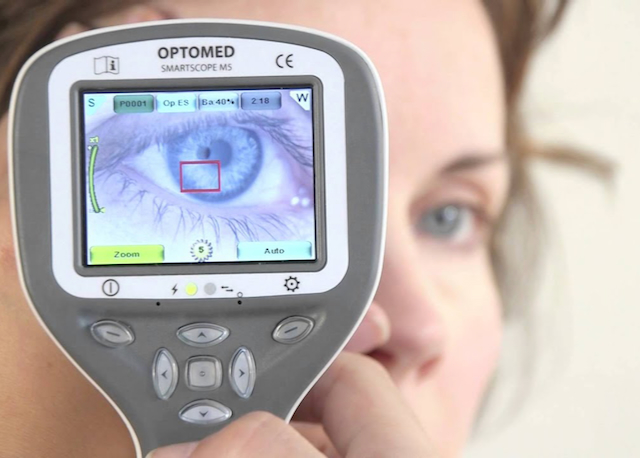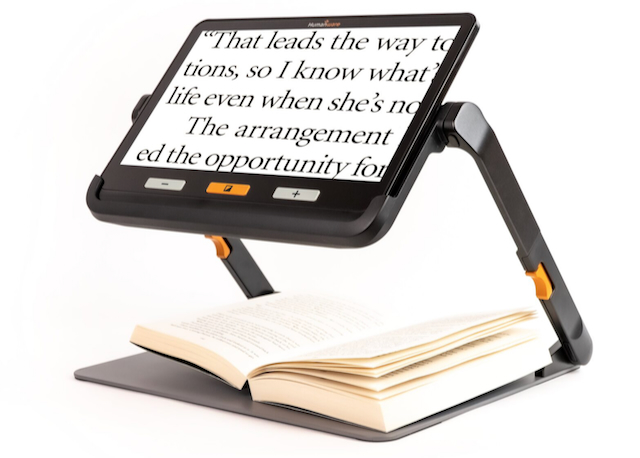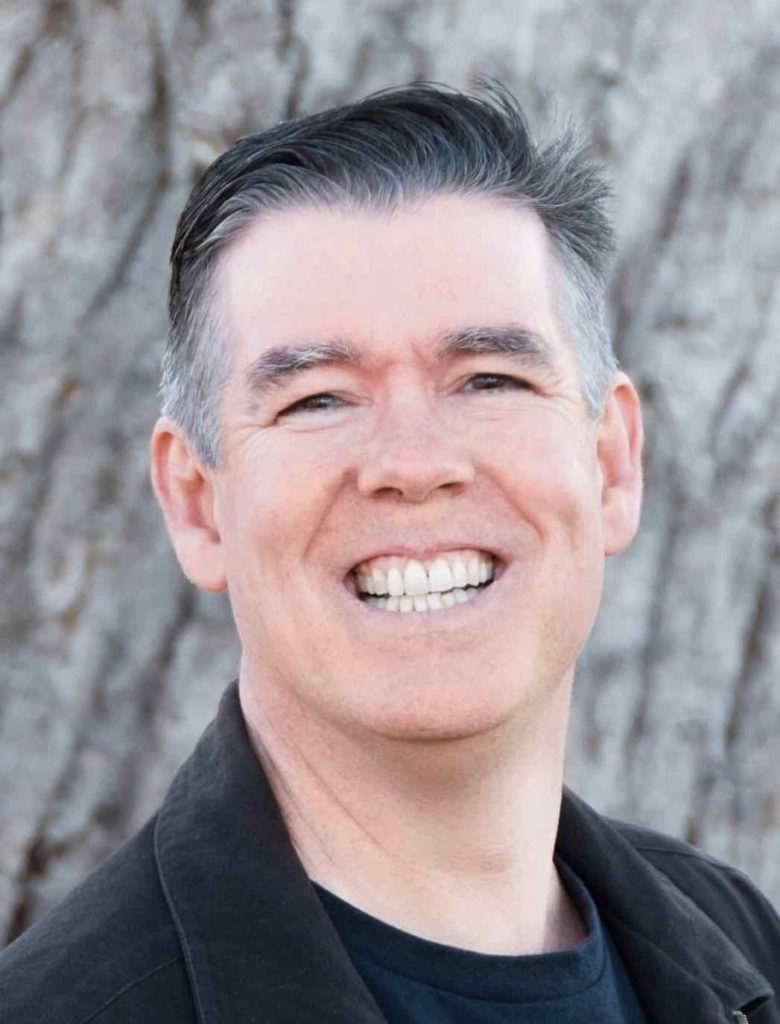
Sight is our most precious sense — look after it
Being able to read, see the faces of your friends and family, and get around safely are vital for your quality of life. Yearly eye examinations are an important part of keeping your sight.
Hobart Optometry provides convenient on-site eye examinations in Hobart nursing homes.

Benefits of regular eye exams

Peace of Mind
All going well, regular yearly eye exams reassure you that there’s no sign of trouble brewing.
After age 70, get a check done every year, even if you’re seeing fine.
Early Warning
The older you get, the higher the risk of developing sight-threatening eye diseases. Early detection gives you the best chance of getting effective treatment to keep your sight.


Quality of Life
Having up-to-date glasses or magnifiers lets you get the most of your pastimes — whether it’s reading, television, crafts or a game of cards.
Never dismiss vision difficulties as ‘I’m just getting older’. If you’ve noticed a change in your sight, get your eyes checked promptly.
Paul Graveson, our Optometrist
BOptom BA GradCert(Optom) PGCOT
With over 30 years clinical experience — including more than 20 years as a Low Vision Consultant at the Royal Hobart Hospital and over 15 years specialising in aged care — Paul is an expert in caring for older eyes. He understands that every person’s situation is unique, so he makes sure to work around your own needs and priorities.
Paul has lectured on Low Vision to optometrists and other vision professionals, including at the World Low Vision Congress. He is also the creator of the educational website Understanding Low Vision.
We Make It Easy

Eye Examinations
Hobart Optometry carries a comprehensive set of advanced portable eye examination equipment.
Full Glasses Service
If you need glasses, we carry a range of frames for men and women, both traditional and modern.


Special Magnifiers
For those with impaired vision, we also carry a variety of high quality magnifiers, ranging from the simple to the very advanced.
Eyecare That’s Right For You
You’re a person, not just a pair of eyes.

The art of doing what’s practical
We’re used to working around each individual’s situation, to ensure they get the best possible outcome. Figuring out what that means for you takes time, so appointments are extra-long so you’re not rushed. Family members are welcome to attend.
You need team players
Getting the best outcome means dealing with each person as a whole, and that means communication is key — with yourself, with family, with your GP, and with the home. We will discuss your care with you, and write an easy-to-understand report to share. That way, everyone’s on the same page.
We know not everyone can go out
We understand that many people in nursing homes find it difficult or unpleasant to go out to appointments, so we work hard to make the best possible care available in the home. Even if we recommend you see a specialist, if that isn’t practical for you then we’ll understand and work with you to find the best possible outcome.
Dementia and vision
Everyone needs to be able to see for quality of life. People with dementia might not be reading, and might not even need glasses, but if they develop eye disease and lose vision or get eye pain it makes a bad situation so much worse. It can be a challenge, but we’ve been providing this service for a long time, so we have extensive experience in examining people with dementia.
Poor vision? We can still help
Because of his Low Vision Clinic work, Paul Graveson is very familiar with helping people with vision impairments to make the most of their vision, especially those with macular degeneration or glaucoma. He knows what can make a difference, and carries a variety of advanced magnifiers you can try.
Hobart Optometry visits these homes
Central
- St Anns (Hobart)
- Rivulet (South Hobart)
South
- Snug Village (Snug)
North
- Wellington Views (Old Beach)
- Barossa Park Lodge (Glenorchy)
- Strathglen (Berriedale)
- Strathaven (Berriedale)
East
- Queen Victoria Home (Lindisfarne)
- Derwent Views – (Lindisfarne)
Costs
Eye examinations in the home are not generally bulk-billed, but you can claim a rebate back from Medicare once the account is paid.
The cost of glasses can be claimed on private health insurance extras cover, if applicable.
DVA Gold Card holders have the basic eye examination bulk billed, and are also eligible for basic glasses every two years. Many veterans like to upgrade to a better frame or better-quality lenses, in which case there will be a co-payment.

Contact Us
You can send us a message using this contact form. Please check your email address is correct, and include your phone number in the message.
You can also phone Paul Graveson direct on 0417 240 550. He can’t answer the phone while he’s examining patients, but please leave a voicemail and he’ll call you back.

